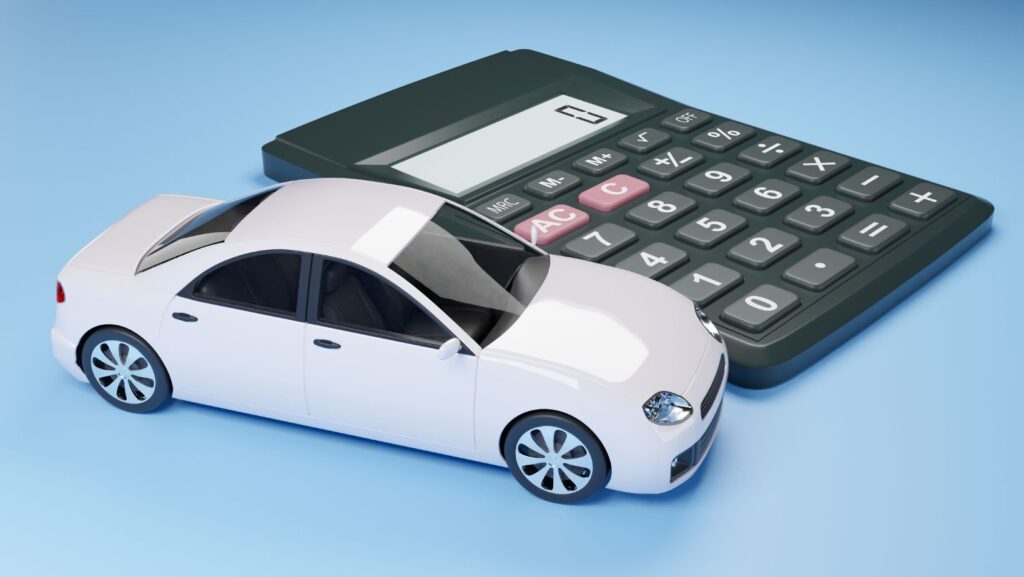It’s no surprise that driving away in a new vehicle without handing over a chunk of cash upfront sounds like a dream. Zero-down car finance is appealing to many as it means no need to save for months or sacrifice other plans just to put a deposit down. However, how do these deals actually work, and what should you keep an eye out for when considering one?
What Zero Deposit Finance Actually Means
Typically, buyers in a car finance deal are asked to pay an initial sum, usually around 10% of the car’s value. The upfront amount cuts down the overall loan size as well as the monthly repayments. That starting cost goes away with a zero-deposit agreement. Buyers walk away with the keys, having paid nothing at the outset, with the full cost of the vehicle spread across the repayment term.
This is an attractive lifeline for those who need a car in a hurry but don’t have spare savings. However, that convenience comes with several considerations to think about.
Who Can Qualify Without a Deposit?
Not all applicants are eligible for no-deposit finance. Lenders still need to take into account credit history, income reliability, and other existing financial obligations when offering no-deposit deals. Strong credit profiles tend to indicate a lower risk to the lender, which is why lenders tend to prefer them.
Applicants with poor or no credit history can still be accepted, but may have to pay higher interest rates or be subjected to stricter repayment terms. In some cases, adding a guarantor or taking out a longer agreement term can improve approval chances.
Finance Types That Support No Deposit Deals
Zero deposit options are available with both Hire Purchase (HP) and Personal Contract Purchase (PCP) models. An HP arrangement sees buyers paying fixed monthly instalments and owning the vehicle at the end of the agreement. However, PCP contracts have lower monthly costs and a balloon payment at the end, which is ideal for those looking to change cars every few years.
There are even some lenders who provide personal loans for vehicle purchases without requiring an upfront sum. They have their own terms and credit score requirements, but they are flexible outside of dealership finance.
Upsides of Skipping the Deposit
The biggest advantage is instant access. Zero-down car finance is a way to act fast without financial delay, whether it’s a commuter car to get to a new job or a larger vehicle for a growing family.

It also helps preserve savings without needing a deposit. Buyers can keep their finances in check without draining an emergency fund or putting off another priority, such as moving house or covering education costs, while getting reliable transport.
Potential Downsides to Factor In
It’s a low entry point, but the long-term cost can be high. What this means is that if you finance the entire cost of the vehicle, you’ll end up paying more interest over time. This means that the monthly payments are usually higher because there is more to pay, and you will see fewer deals with competitive rates because you don’t have an initial sum to reduce the loan.
And you could be left with negative equity early in the agreement, owing more than the vehicle is worth, if the car depreciates quickly.
How to Decide If It’s Right for You
Start by reviewing your budget. Is it possible for you to comfortably afford higher monthly repayments without stress? Would a cheaper, smaller car bring the costs down enough to make a no-deposit option affordable?
Next, check your credit status. A better rating can also mean more favourable terms, even with zero deposit. You might also wish to look at a number of lenders, including specialist brokers, to identify a deal that is more suited to your requirements.
Lastly, look beyond the numbers. If timing, flexibility or liquidity is more important than overall cost, the trade-off might be justified.
Convenience Meets Commitment
Not everyone can or wants to save for a vehicle deposit. With zero down car finance, the mobility that people need most is unlocked, serving as a bridge between urgency and practicality.

But it’s not a one-size-fits-all solution. What may be affordable now can become unaffordable later if monthly commitments stretch budgets or long-term interest starts to accumulate. If you have a realistic understanding of future obligations, can compare transparently and plan carefully, you can take advantage of deposit-free deals without getting caught out.
